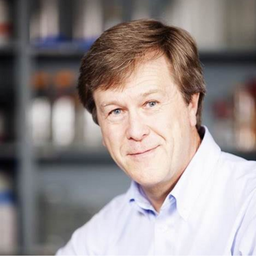
Laboratory implications for hemophilia gene therapy and other novel hemophilia treatments
Tuesday, November 11, 2025 - 15:00 GMT / 16:00 CET / 10:00 AM EST / 7:00 AM PST
After several decades of basic science and pre-clinical investigation hemophilia gene therapy has entered the clinic. Several Phase 3 studies have now been completed, and three hemophilia gene therapy products have received regulatory approvals. As these products begin to appear in regular clinical practice, it is important to appreciate the range of laboratory studies that have contributed to the advancement of this treatment paradigm.
In this presentation, Dr. David Lillicrap, MD, FRCPC, Professor, Department of Pathology and Molecular Medicine, Queen’s University, will discuss details of laboratory studies employed in the development of gene therapy programs and the requirements of laboratory monitoring in patients who have undergone gene therapy treatment.
In addition to ‘routine’ substitution gene therapy, Dr. Lillicrap will also highlight challenges for the laboratory in the evaluation of other novel hemophilia treatments that are in early phases of development.
Learning objectives:
- Describe the laboratory studies that supported the development of hemophilia gene therapy and explain their role in advancing products to regulatory approval.
- Identify the key laboratory monitoring requirements for patients who have undergone hemophilia gene therapy treatment.
- Evaluate laboratory challenges associated with assessing emerging hemophilia therapies, including novel approaches in early clinical development.
Who should attend?
Lab Directors, lab technologist, and physician specialties.
Accreditation statement
SelectScience® is approved as a provider of continuing education programs in the clinical laboratory sciences by the ASCLS P.A.C.E.® Program. Attendees of these webinars may be entitled to 1.0 ACCENT Continuing Education Credits from the ADLM. This activity was planned in accordance with ACCENT® Standards and Policies. Verification of Participation certificates are provided to registered participants based on completion of the activity, in its entirety, and the activity evaluation. For questions regarding continuing education, please email education@myadlm.org.
Level of instruction: Intermediate
Speakers

Dr. David Lillicrap, MD, FRCPC, is a world-renowned professor at Queen’s University and Canada Research Chair in Molecular Hemostasis. A pioneer in hemophilia research, he has advanced understanding of von Willebrand factor, factor VIII, and gene therapies. Widely published and internationally recognized, he has held leadership roles shaping global hemostasis care.
Moderator

